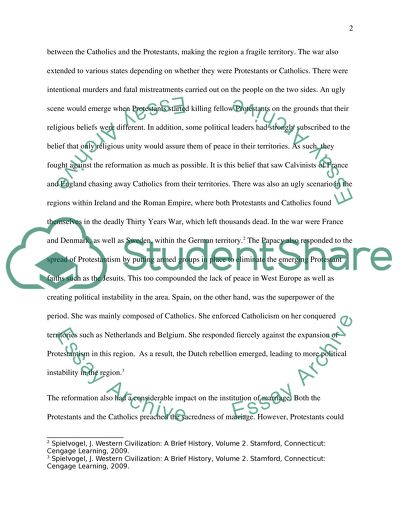Cite this document
(“Western Civilization (1300-1700): The Protestant Reformation Term Paper”, n.d.)
Western Civilization (1300-1700): The Protestant Reformation Term Paper. Retrieved from https://studentshare.org/history/1440377-western-civilization-from-the-guideline-history
Western Civilization (1300-1700): The Protestant Reformation Term Paper. Retrieved from https://studentshare.org/history/1440377-western-civilization-from-the-guideline-history
(Western Civilization (1300-1700): The Protestant Reformation Term Paper)
Western Civilization (1300-1700): The Protestant Reformation Term Paper. https://studentshare.org/history/1440377-western-civilization-from-the-guideline-history.
Western Civilization (1300-1700): The Protestant Reformation Term Paper. https://studentshare.org/history/1440377-western-civilization-from-the-guideline-history.
“Western Civilization (1300-1700): The Protestant Reformation Term Paper”, n.d. https://studentshare.org/history/1440377-western-civilization-from-the-guideline-history.


